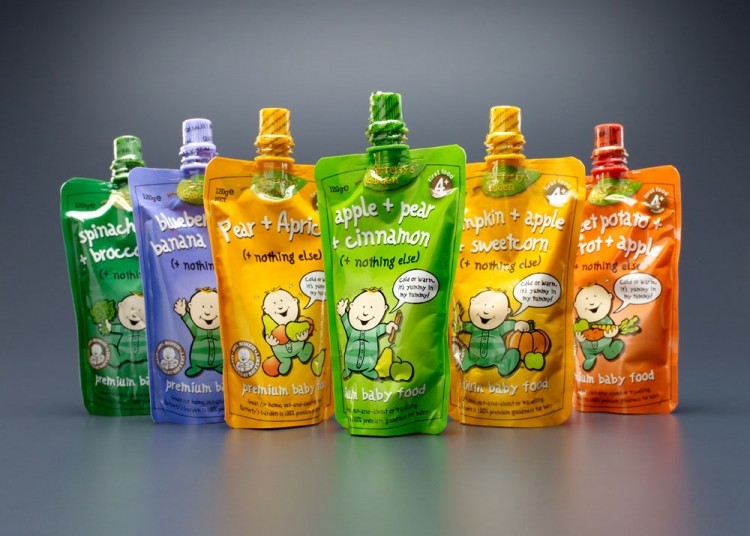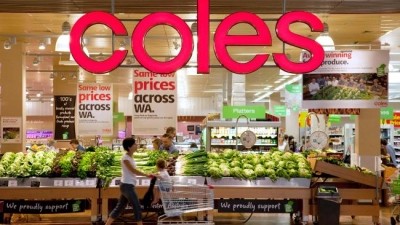Australian monopoly regulator says no to Heinz baby food takeover

Heinz and Rafferty’s Garden are the two largest suppliers of wet and dry infant food in Australia, meaning that a merged Heinz/Rafferty’s Garden would now account for around 80% of sales share in the wet infant food market, and around 70% in infant cereals and infant snacks.
“The ACCC concluded that the proposed acquisition is likely to result in a substantial lessening of competition through the removal of Rafferty’s Garden, which has around a 40% market share in wet infant food, and is a close and effective competitor of Heinz, which also has around a 40% market share in wet infant food,” ACCC chairman Rod Sims said.
Highly concentrated
“The proposed acquisition would combine the two largest suppliers of wet and dry infant food in Australia, resulting in highly concentrated markets where barriers to entry and expansion are high, particularly because of brand recognition and preference. This is likely to reduce the frequency and depth of promotional activity, increase prices and reduce innovation in the wet and dry infant food markets,” Sims added.
In reaching its decision, the ACCC said it had carefully considered the dependence of both Heinz and Rafferty’s Garden on the major supermarket chains for stocking their products.
“We are not satisfied that the power possessed by the major supermarket chains will necessarily constrain prices for consumers or drive innovation. Fierce inter-brand competition is more likely to achieve this,” said Sims.
Packaging envy
Heinz supplies its range of wet infant food in cans and glass jars, whereas Rafferty’s Garden innovated by only using pouch/pouch-and-spout packaging, which took the market by storm and which Heinz was keen to acquire. Both companies supply dry infant products, including cereals, snacks and teething rusks.
The ACCC claimed to have consulted extensively on the proposed acquisition, focusing on whether removing Rafferty’s Garden would reduce competition in the current market structure.
By blocking the deal, the regulator has issued a setback for Anacacia Capital, the company's private equity owner, which invested in fast-growing Rafferty's in 2010 through a management buyout. Anacacia said it is currently assessing its options.



















